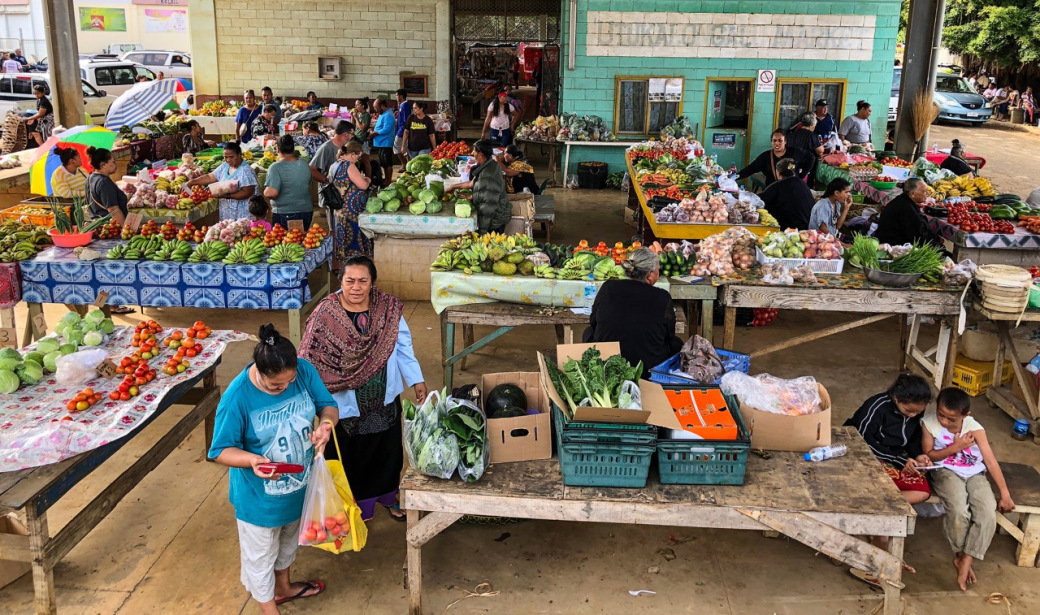Mixed reviews on Pacific Trade deal, Pacer Plus
NZ Herald | 20 September 2019
Mixed reviews on Pacific Trade deal, Pacer Plus
Pacer Plus has been promoted as a hybrid development and trade deal, with the primary benefits going to the nine Pacific countries that have signed the deal.
Fiji and PNG have not joined, and Tonga has withdrawn, primarily because they want more labour mobility for their citizens within New Zealand and Australia. However, there are indications they may join in the future.
The deal includes a new ’Readiness Package’ to support Pacific businesses to access new markets and reach required bio-security or food standards, as well as an extension to the Recognised Seasonal Employer Scheme (RSE) from horticulture and fruit picking into areas like carpentry.
But some commentators dispute the value of Pacer Plus to Pacific countries when discussing it on the latest episode of the ’On the Map’ podcast.
Former Green MP and trade commentator, Barry Coates, refutes the claim that Pacer Plus has generated additional money for the Pacific. He believes money has been diverted from areas like health and education, towards trade facilitation.
"If you really want to help the Pacific, why not have a requirement for Australia to stop their protections that prevent fruit and veggie exports from the Pacific to Australia.
"It’s meant to be a free-trade deal, and Australia is the worst offender."
Keawe Woodmore, from the Ministry of Foreign Affairs and Trade, refutes there is no new money.
"$55 million has been allocated to support Pacific industries to make the most of Pacer Plus. Absolutely that is new money - plus the $740m additional money for aid announced last year."
And Australia, just like New Zealand, has a right to protect their bio-security, whether human, animal or plant life, he says.
"We don’t want something coming into our country that might have an impact on our important native and flora."
Keawe says New Zealand’s role under Pacer Plus is about identifying the barriers to exports and supporting Pacific Island countries to either get rid of those barriers or focus on products that can reach the standards to be an exporter.
"Tariff reductions for those Pacific Islands who have signed Pacer Plus will take place over 35 years. That’s two generations, so not a sudden change. It’s a shift over time.
"It’s about shifting to a new normal. Tariff revenue is not necessarily sustainable in the long term."
Former trade negotiator and partner at Navigator Limited Peter Faafiu questions the effectiveness of New Zealand’s aid - or trade - in the Pacific.
"What’s missing are the underpinnings that need to go under aid or trade.
"For example human rights, good governance, dealing with corruption. There’s a massive domestic violence issue across the Pacific, for example, particularly in PNG.
"Gender equality is non-existence, and civil society space is shrinking.
"There are 22 million people in the Pacific, and there are some great stories of success, but also a big question mark around some of the funding going into Pacific Island countries."
Faafiu says three million people in the Pacific don’t yet have an income that can sustain basic needs.
"If you look at the key indicators like poverty, economic development, basic education and health - I don’t think they’ve improved a lot in the last 50 years.
"It’s hard to do the ’nice to haves’ if you don’t have the basics right."






